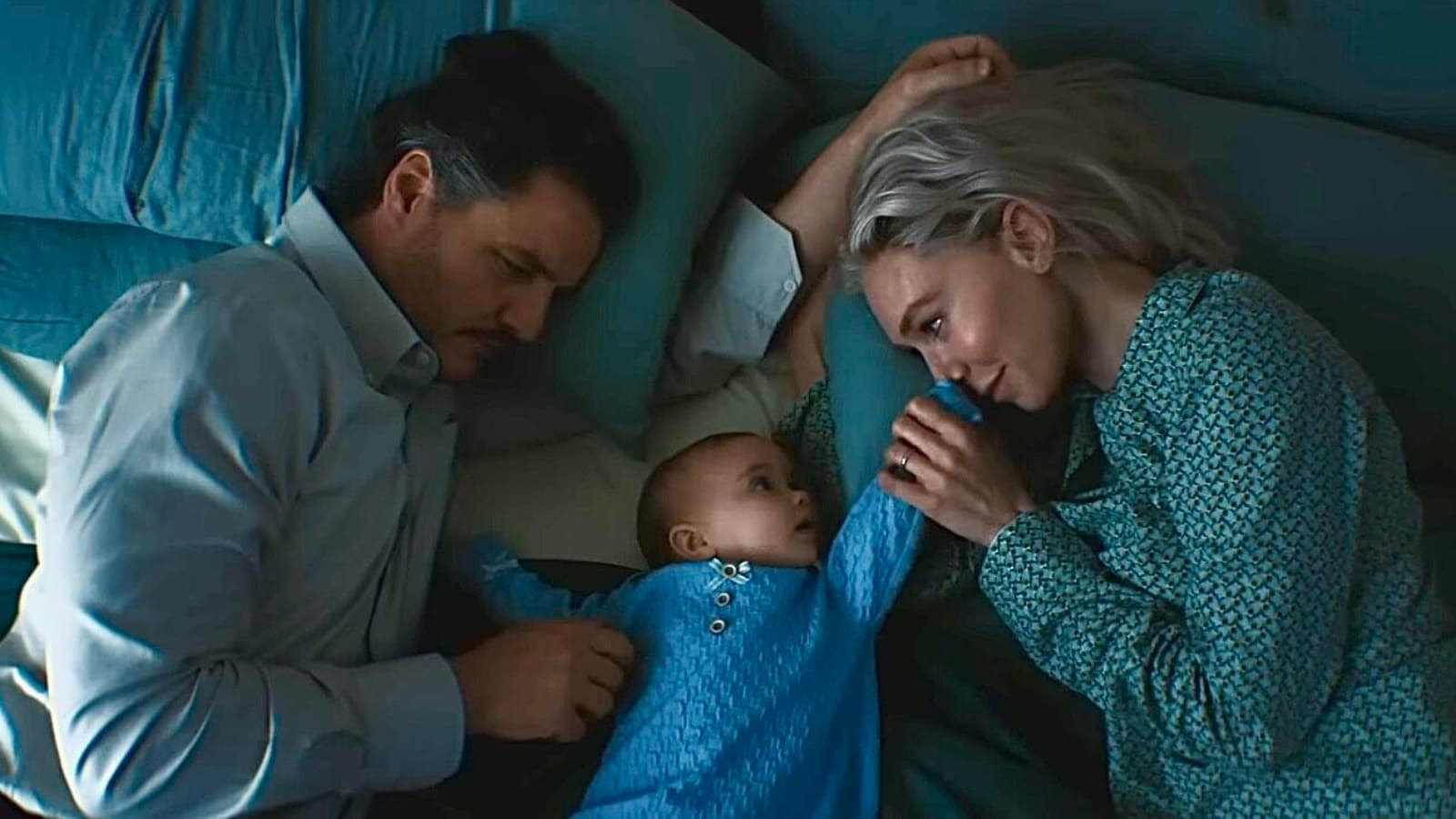'Orphan' Review: László Nemes' Post-War Coming-of-Age Drama Explores Trauma, Identity, and Family Secrets in 1950s Budapest
The impact of war on families has long provided powerful narratives for cinema, where trauma lingers and fractured identities shape the lives of survivors. Orphan (Árva), the latest feature from Hungarian filmmaker László Nemes, continues this tradition with a deeply personal coming-of-age story set against the backdrop of post-war Central Europe.
Courtesy of Pioneer Pictures/Good Chaos
Following his Oscar-winning debut Son of Saul and the visually demanding Sunset, Nemes crafts a drama inspired by his father’s childhood in 1950s Budapest. The film begins with a post-war prologue in which young Jewish boy Andor, played by Tibor Martin Lobbert, is reunited with his mother Klára (Andrea Waskovics) after years in an orphanage. Their fragile bond is tested by absence, memory, and the unspoken loss of his father during the Holocaust.
The narrative shifts to 1957, shortly after Hungary’s failed uprising against Soviet control. Antisemitism persists in daily life, and Andor, now a preteen portrayed by Bojtorján Barabás, grows into a rebellious figure determined to uncover the truth about his father. His only treasures are old Yiddish theater tickets, reminders of a man he reveres but barely remembers.
Klára struggles to provide stability while working in a grocery store under an oppressive Stalinist overseer. Andor’s closest confidante is his friend Sári (Elíz Szabó), whose own family bears the scars of war and political repression. When Andor discovers a hidden gun, the object becomes a symbolic thread connecting him to a generation still fighting to survive.
The arrival of Berend Mihály (Grégory Gadebois), a brutish butcher who once sheltered Klára during the war, disrupts their fragile household. Andor despises him immediately, especially as Berend imposes himself through violence and suspicion, challenging the idealized version of Andor’s father that Klára has preserved. The film’s tension deepens as Andor is forced to confront questions of truth, memory, and his own identity.
Nemes collaborates once again with cinematographer Mátyás Erdély, capturing Budapest in grainy 35mm film with desaturated colors and the Academy ratio used in Son of Saul. This stylistic choice mirrors Andor’s narrow, conflicted perspective as a child trying to navigate a hostile world.
The final act heightens the emotional stakes with imagery reminiscent of classic European cinema. A Ferris wheel sequence places Andor at a crossroads between acceptance and resistance, while the closing shot of a funfair diorama underscores the fragile beauty of childhood set against historical upheaval.
Through Orphan (Árva), Nemes revisits the lasting wounds of war, exploring how fractured families and hidden truths shape future generations. The film intertwines personal history with national memory, presenting a layered portrait of loss, survival, and identity in post-war Hungary.










